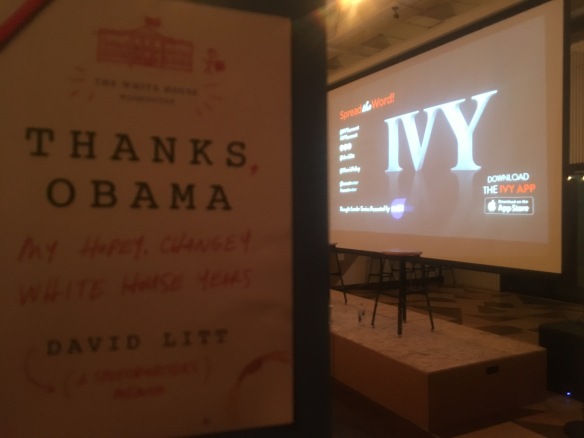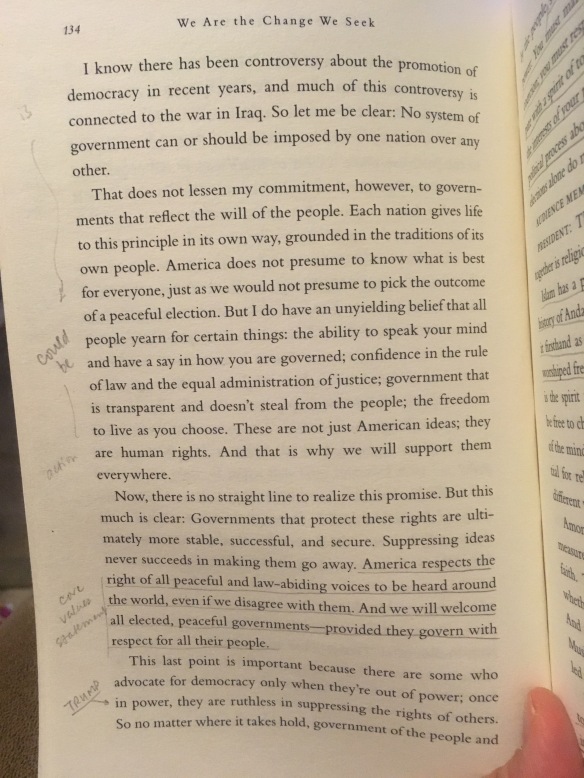
Hello Friends!
How was your week? I wrote in my last, very brief post that it had been a hard few weeks, but whoa-Nellie, these past 10 days or so have been a bit unbelievable. But then again, almost nothing is truly unbelievable anymore.
When the news first came out about families getting separated at the border, I felt profound empathy for the parents, and then the kids, imagining their despair, grief, and lasting trauma. But the administration is now targeting even naturalized citizens, looking for fraud on applications to deport people. My parents, my husband, and all of his siblings are all naturalized citizens. My son is currently abroad and it occurred to me to wonder whether he will be held up in customs and immigration on his return. At this point I cannot know for sure that my own child, a native-born American citizen, won’t be kept from me, and even though it is unlikely, I now feel it fully in the realm of the possible. I know I’m not the only one. That is simply unacceptable.
It also occurred to me that any of my Latinx friends and co-workers could be stopped on the street or approached on a bus or train, and commanded to show proof of citizenship, as so many across the country have experienced, illegal and unconstitutional as it may be. 45 actually autographed photos of people who have been killed by illegal immigrants, while denying that native-born citizens commit proportionally more crime than immigrants, legal or illegal. Right now, June 2018 in the United States, it feels to me that only straight, white, Christian, cisgender males are safe. It all makes me want to vomit.
In the past year or so, people who know me call me an ‘activist.’ I take immense pride in this perception, and at the same time feel a little unworthy. What have I done? In 2017 I wrote a lot of letters to Members of Congress–even had Healing Through Connection stationery printed to do it. I called. I donated. I marched. 2018 has been slower in action. I’m still reading, keeping up, donating, and engaging on social media. But I feel like it’s not enough, that I should be doing more.
Today I am more aware than ever that most of my colleagues and institutional leaders are white. I am East Asian. We are not the targeted groups. However empathetic and outraged we may feel, we are likely only indirectly affected by current events. So many of our support staff, however, are people of color. They hold positions in the organization with the least autonomy, authority, and voice.
We are all expected come to work every day and do our jobs. We take care of patients. We put our personal feelings, stressors, and worries aside and meet our patients where they need us, and nobody knows what we might be dealing with ourselves. But we do this now during a mind-bending crisis of national conscience. Now is the time when our emotional and social support networks are called forth and tested. As a physician, a default leader of the patient care team, how can I not acknowledge this profound disturbance of our collective consciousness? How can I expect my team to perform optimally in a false vacuum? The realities of our world are simply inescapable, and they affect us all, like it and accept it or not.
I may not be marching in front of Congress or the DHS. I may not be writing legislators or calling them every day. I am not a designated leader of my professional society, publishing op-eds on the long term health and societal consequences of our government’s actions. But I can absolutely stand up in solidarity with and for the people closest to me.
So this week I expressed to my teams in no uncertain terms that whatever anyone is feeling or going through right now, they should know that their physician leaders support them, and we will be here for them however they need us, just like we are all here for our patients. I made no overt political commentary. I simply acknowledged the moral morass I see in our country and tried my best to make it safe for us all to experience it together, out loud and in person, and to help one another through it.
If there were ever a time for physicians to walk the talk as leaders, as caregivers for the caregivers, it is now. I know now that I don’t have to be the loudest or most visible ‘activist.’ I just have to act in accordance with my core values. And it starts with holding up the people right next to me every day.



